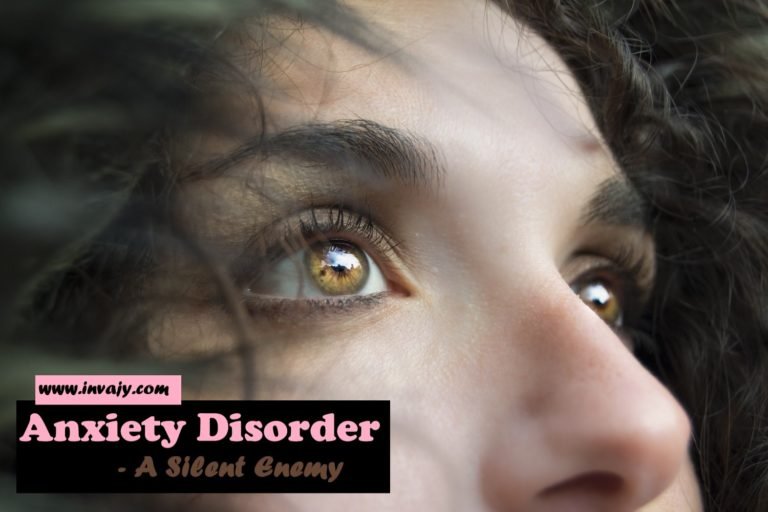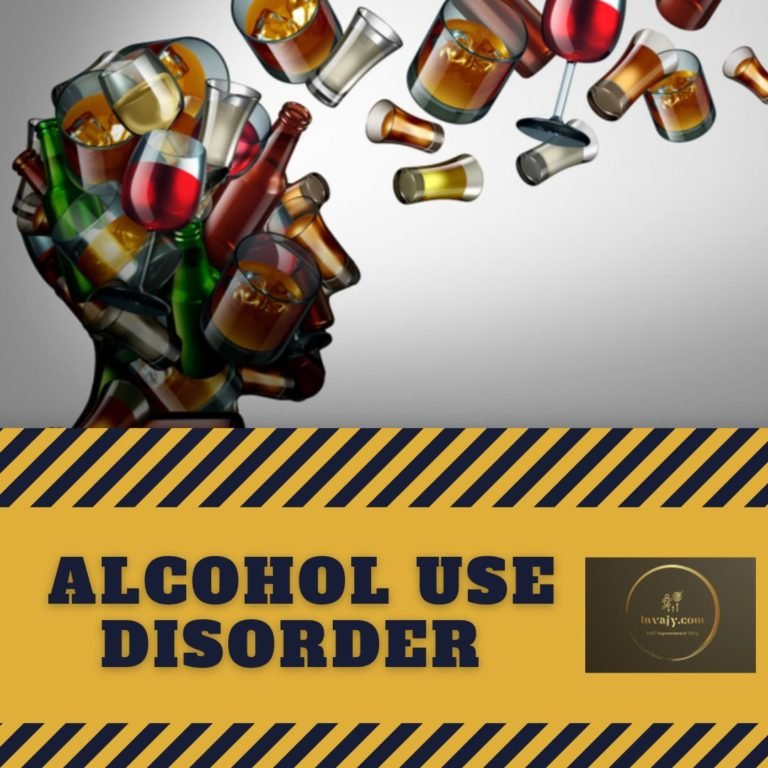Golden Years, Hidden Tears: Breaking the Stigma of Elderly Depression
Explore the often-overlooked struggle of depression in older adults. It highlights the stigma, lack of awareness, and need for more compassionate care to address this growing issue.

Old age is often defined as simply a harvest time in life- a period to gain from years of labor; when family rejoices, one gets leisure for his own and has time to contemplate and think. Sadly, the lightness is often dimmed by an invisible burden: depression. Elderly depression, though widespread, remains undetected or disqualified in later stages of life, and thus its bearer suffers in silence, most of the time withouteven knowing it.
Therefore, it must be prioritized to wipe out the stigma of elderly mental health in the interest of enjoying a guaranteed enjoyable and meaningful senior life.
Embracing the Joys of Old Age
Golden age is a time of great fulfillment for some, but most seniors enjoy this stage of life because it allows for letting go and time freedom in pursuing their passions, getting together with family, participating in community activities, etc. It is time to cherish, enjoy, and pursue things that they have, for one reason or another, continued to ignore in their earlier years. Those who are physically active, build meaningful relationships, and have a positive attitude have a great chance of living happily and having a purpose post-retirement. Unfortunately, this frequently entails having to resolve mental health obstacles that typically accompany the aging process.
For many seniors, this phase is described as a chance of a lifetime to reinvent themselves. Travel, mentoring younger generations, or artistic pursuits are just possibilities; those interested can engage in anything from volunteer work to rekindling old friendships. However, it is necessary to recognize and address their mental health challenges in order to enhance their lives in joyous fashion.
Major Causes of Depression Among Seniors
Understanding the causes of depression in older adults is essential for effective treatment. Major contributing factors include:

Health Problems
Chronic medical conditions, mobility problems, or chronic pain may often lead to feelings of helplessness and loneliness. Conditions like arthritis, diabetes, and heart disease are common in menopausal women, and the physical restrictions they impose profoundly affect mental health. Hence, regular medical consultations to prevent the chronicity of diseases are important.
Loss of Loved Ones
The death of a spouse, friends, or brothers and sisters can leave behind a huge vacuum in life and generate profound grief, often leading to loneliness. Burned-out with the passing of time, grieving might lead to depression without the proper and timely help. Support groups and counseling can help people heal from such losses.
Social Isolation
Retirement, decreased mobility, or living distant from family can restrict social interaction, feeding loneliness. For many others, the transition from a busy working life to many quieter days at home can be psychologically debilitating. Participating in community activities, such as volunteering or joining a senior center, may help counter the odds.
Financial Constraints
Insufficient retirement savings or higher-than-expected medical expenses could produce stress and worry. Some seniors might be even worried about outliving their means, adding even more to their mental burdens. Searching for financial advice promptly and finding out what governmental support programs are available will help shrivel some of these additional worries.
Cognitive Decline
Reminiscences of certain diseases such as dementia or Alzheimer’s act like contributing factors toward increasing frustration and depressive episodes. Fears of leaving independence or being a burden to one’s loved ones eventually fuel these elements. Diagnosis treatment of such cases should begin early, along with caregiver assistance.
Stigma and Defensiveness
Many of the older people are the generation who grew up in an era in which naming feelings and discussing mental health was entirely scandalous. Raising awareness and creating safe spaces for conversations can help break this cycle.
Planning for Old Age to Reduce Mental Stress
Being proactive about retirement determines to considerably reduce the load of mental stress and provides a better sense of well-being. Following are some tips that might help:
Financial Planning
It is wise to consult a financial advisor who helps with savings, investments, and insurance coverage to make sure living expenses after retirement go smoothly. Drafting a budget including health protection and provision for emergencies is very important. Programs like reverse mortgages or those specific to the aged can also provide some financial comforts.
Health Maintenance
Regular health check-ups, healthy diets, and sufficient exercises will prevent or manage many sicknesses. Such activities include yoga or swimming or even daily strolling outside can help maintain physical fitness and also release happy hormones that lift the spirits. Preventive care in the form of vaccines and regular health screenings can prevent serious illnesses.
Social Engagement
Clubs, volunteering, and community events can keep one socially engaged away from isolation. Social bonds create a good sense of belongingness and purpose in life. All the technological tools available to the older adults also become a help in keeping in touch with family members and friends.
Life Learning
New hobbies, skills, or courses could help maintain mental engagement and a sense of achievement. Some are involved with a new language, some in new technology, while some are engaging with local history. Many older gentlemen have great joy rediscovering arts and crafts and storytelling.
Open Conversations
Discussing future plans and worries with family members is a great tool for aligning expectations and building a network of support. Open talks will help remove uncertainties from decisions made for housing, care, and what kind of regime will be established towards the end of life. Any deed regarding League-related issues formed way ahead will clear the air and assure peace of mind.
Mental Health Care
This can be sought from a therapist or a counselor if necessary. Nowadays, teletherapy is making it easier to secure an appointment with a mental health expert remotely from home.
Lessons from Those Who’ve Walked the Path
Hear the senior citizens speak from their own experience: age-related challenges are indeed fraught with difficulties. For one, Margaret, a retired teacher of 72, gives credit to her painting class and book club for providing her support: “Keeping busy and associating with people who have the same interests has been a lifesaver for me……”
Rajesh, 68, a grandfather, similarly stresses the need to welcome change. “Life actually does not end with retirement; it simply takes on a new form. It has taught me to look for the smaller pleasures in life like gardening and being with my grandchildren.”
Some, however, like Alan, whose battle with depression began after the death of his wife, have found development through volunteerism: “It gave me a purpose to go on. It reminded me that I still have a purpose.” Their advice points to the very importance of meaning-making and connectedness- two keys to mental well-being.
Breaking the Stigma
Demanding that society sheds those old stereotypes about depression in old age is crucial. Mental health should be treated with as much urgency and compassion as physical health. Encouraging open conversations about it can go a long way in providing better access to mental health services, highlighting the role of educational programs for caregivers. Family members are crucial in identifying signs of depression and extending their support without judgment.
Caregivers and other service providers need to be trained to recognize the signs of depression when it manifests as increased irritability or other physical complaints in seniors. Awareness campaigns tailored for seniors can help normalize the notion of seeking help and will debunk the myths surrounding old age and mental health issues. Mental health education programs in senior centers may help increase awareness and reduce stigma against mental health disorders.
Wrapping Up!
Depending upon the attitude towards their well-being, the golden age is capable of serving joy, fulfillment, and growth in the minds of those who wish to view it as such. Addressing the issues leading to depression, the planning for life beyond retirement, and creating a space for openness will result in the senior population completely taking charge of their golden years.
Let us break the stigma surrounding elderly depression and make sure the tears remain hidden, and no one’s golden years are troubled. Aging gracefully is really more than guaranteeing an advanced physical health definition but to foster mental resilience and aim for purpose in every stage of life. Let us work to ensure that our older people live in a society devoted to creating and valuing the supportive strength as they thrive in their golden years.






